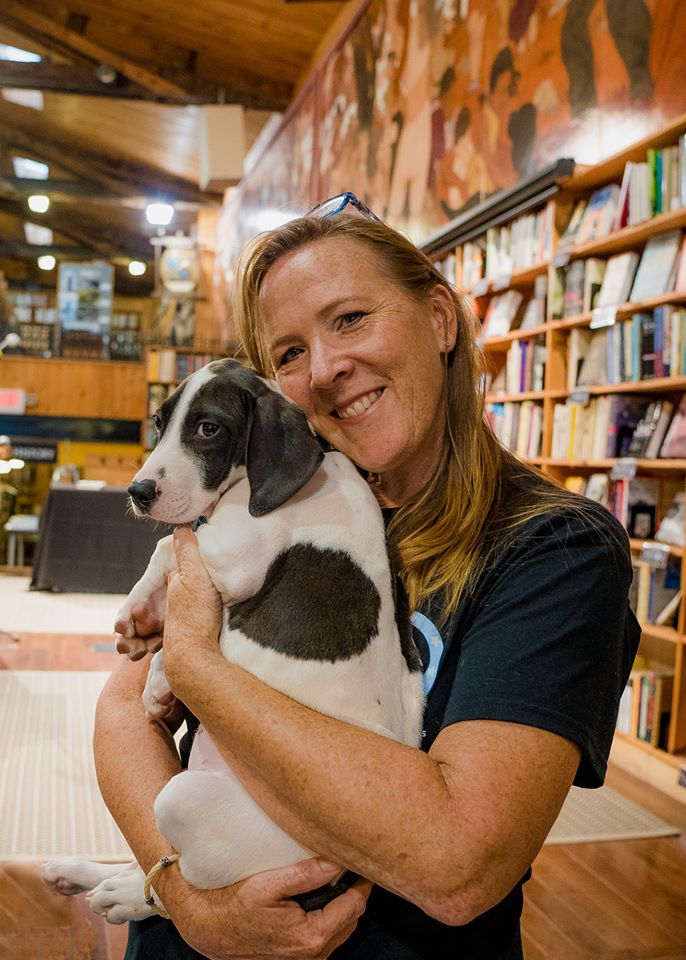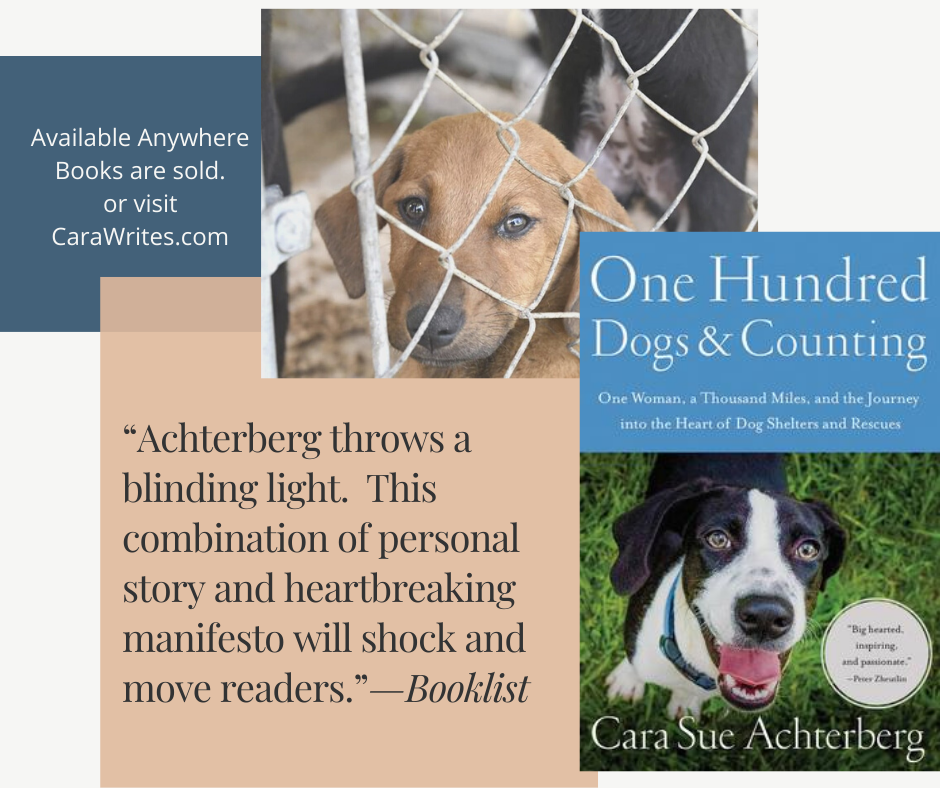Operation Underdog is a foster-based rescue that saves the hardest dogs to save –those with serious medical needs, difficult behavioral challenges, and seniors – the dogs least likely to be rescued or adopted – the underdogs of the animal shelter world. As Elizabeth, one of their founders put it, “They need us more than others and all have stories. They’re the ones that no one else wants.”

We met the group at Weathered Ground Brewery (one of their big supporters) on a beautiful night and although we were 30 minutes late thanks to unexpected traffic, there was a big crew of fosters and dogs to meet with us.






Clearly, this is rescue on a whole other level, not for the faint of heart. Their dogs need medical treatment, individualized care, and a lot of time. Foster dogs may stay with their foster for months, even years before being ready to be adopted (and some may never be). Operation Underdog commits to their dogs for life, no matter what the cost or inconvenience.
Operation Underdog was started in 2012 by a group of five women who initially met when they volunteered at Raleigh County Humane Society. At that time the shelter was killing (via gas chamber) as many as 90% of their dogs. They were convinced it didn’t have to be that way and worked their tails off to change things, staying late night after night to find rescue or some way to save the dogs listed for the gas chamber the next day.
Eventually, they got on the board of the shelter and were able to change protocols and processes, partner with rescues, and turn the shelter around. After that, they set off on their own to rescue the underdogs and the operation began.
Now, ten years later, they adopt out about 20 dogs a year and they have dogs that remain in foster care for years. Dogs like Heath, a large hound dog who likely weighs 75 pounds now but came to them skeletal, weighing only 30 pounds with a broken leg. Once they got his leg repaired and his weight up, they discovered he had renal failure and required prescription food, regular monitoring by the vet, and expensive medicine to keep him alive. Add to that he’s a large hound who can be a little grumpy and he’s a tough sell. Elizabeth has been fostering him now for six years. He was sweet and friendly with us, sniffing out the treats in my pocket and demanding attention.


We also met Yzma, a shy white dog with freckles and a black face who has a disc disease and is riddled with buckshot. She’s been in OU’s care since October of 2020.


And then there’s Allister a large sweet blond hound (from Saving Webster Dogs) who is blind and Teanea a small pomeranian mix who was untouchable for the first two months in Elizabeth’s foster home and is now much friendlier but still a bite risk and a flight risk.


Estelle was a thin, elderly hound dog who had recently been returned. Operation Underdog takes back all of their dogs if returned, and they also had a senior chi-mix (my guess) who didn’t have a name yet.




Erica, another of the founders, was managing a large, energetic dog named Pete who Operation Underdog found a home ten years ago. His owner had passed away, so Erica was fostering him again and has had him now for two years.




Maverick, a large overweight bluetick coonhound who was a long-time resident of Saving Webster Dogs, was also on hand with his foster Allison, having only recently been pulled for Operation Underdog. After two years of living outdoors, he has embraced life in a home and Allison says, “He loves being an inside dog.” He’s figuring out stairs, sleeping in his own bed (with blankets), and enjoying couch time.


Operation Underdog doesn’t just save the hard to save, they also support the dogs in their community keeping them out of the shelter by finding rescues for owner surrendered dogs and then transporting them north in their rescue van. They’ve received a $15K grant to oversee a free spay and neuter program for community animals (OU pays to spay their animals).
I asked both Elizabeth and Erica, why there are so many unwanted dogs in this part of West Virginia. Elizabeth is well-versed in no-kill, having studied Nathan Winograd’s model and attended Austin Alive conferences. She’s convinced we can’t spay and neuter our way out of this problem. They struggle to spend their grant money and convince people to spay and neuter their pets.
She believes we need a more multi-faceted approach, shelters that don’t just warehouse dogs but employ best practices, rescue transports, and work to educate and change attitudes. She mused, “If only we could make adoption ‘cooler.’ She marvels that despite the abject poverty in their county, people still opt to spend thousands buying dogs.
I posed the same question to Erica, and she emphasized the need for humane education. She acknowledged that people in their county do love their dogs, but many people don’t know they have to vaccinate their dogs every year, why they should spay/neuter, or that it’s cruel to leave their dogs outside and/or loose 24/7. She sees all too often people who do not consider their dogs part of the family. She also noted that many people in their county simply cannot afford vet care, even if they understood the need for it. It’s simply too expensive.
Erica works at a prison and while working on the board of the county shelter, she ran a prison dog program and saw the miracles that dogs can work in a prison population. That program has since stopped because of fears of liability issues. She’s hopeful that it could be reinstated again if leadership decided to do it.
Operation Underdogs is an inspiring organization made up of remarkable people committed to saving the dogs that need saving the most. They continue to seek out the dogs most likely to die or be warehoused at a shelter, while working to keep local dogs out of the shelter by assisting community members. We need Operation Underdog chapters in every county, catching the dogs who so often fall through the cracks of our shelter system.

If you’d like to support them, you can shop their Amazon Wishlist (https://www.amazon.com/hz/wishlist/ls/2MRNTMFEER7Z9/), follow them on Facebook, or make a donation through their website (www.operationunderdog.org).
If you are in the Beckley, West Virginia area (or within driving distance), Operation Underdog is also looking for fosters (apply here) and volunteers (volunteer form). They would also welcome ‘virtual volunteers’ and if that’s something you’d be interested in doing, contact us and we’ll put you in touch.

Until each one has a home,
Cara
If you want to learn more, be sure to subscribe to this blog. And help us spread the word by sharing this post with others. Visit our website to learn more.
You can also help raise awareness by following/commenting/sharing us on Facebook, Instagram, YouTube, and Tik Tok!
Learn more about what is happening in our southern shelters and rescues in the book, One Hundred Dogs & Counting: One Woman, Ten Thousand Miles, and a Journey Into the Heart of Shelters and Rescues (Pegasus Books, 2020). It’s the story of a challenging foster dog who inspired me to travel south to find out where all the dogs were coming from. It tells the story of how Who Will Let the Dogs Out began. Find it anywhere books are sold. A portion of the proceeds of every book sold go to help unwanted animals in the south.
For more information on any of our projects, to talk about rescue in your neck of the woods, or become a WWLDO volunteer, please email whowillletthedogsout@gmail.com or carasueachterberg@gmail.com.
And for links to everything WWLDO check out our Linktree.




Leave a Comment
Sign up for our newsletter
Sign up to have our latest news, grant updates, shelter visits, and more delivered to your inbox.
Share this:
Like this: